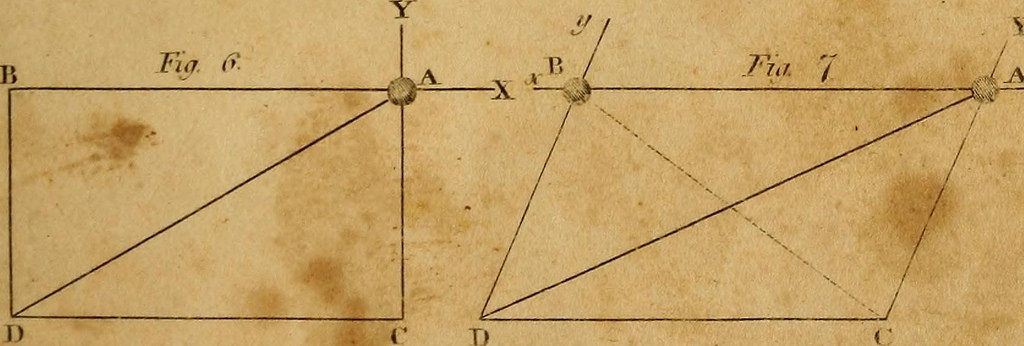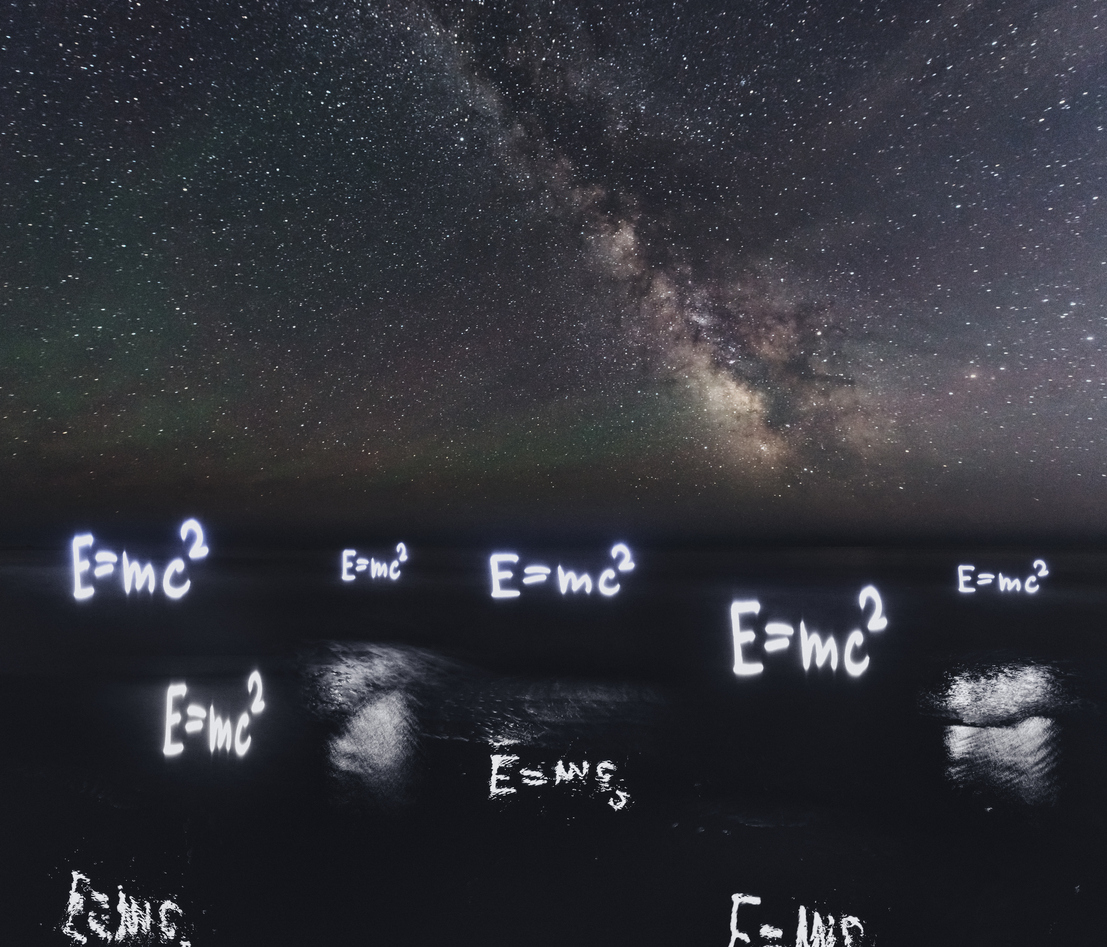Leo Strauss would want us to pursue the question of teleology in nature. Natural right depends on it.
Scientific Crisis, Philosophical Guidance

Across the scientific disciplines, today's problems arise from the same root cause.
Ross Hunt’s response to our essay raises twelve challenging questions under two broader themes. The first theme is “how precisely would skeptical philosophy clarify the crisis in modern science?” The second is “what would it look like for skeptical political philosophy to provide guidance to modern natural science?” Rather than a detailed answer to Hunt’s twelve questions, we will address these two themes in turn.
Clarifying the Crisis
Broadly speaking, the different crises in different disciplines have perhaps the same root but different manifestations.
Political interests appear to have captured some disciplines, such as climate science and psychology.
Other disciplines, like string theory within theoretical physics, appear beholden to orthodoxies arising from the recondite character of the discipline and the level of personal investment in training and credentials. In the case of string theory, for example, even the uninitiated can ask whether a mathematical reconciliation of general relativity and quantum mechanics is a reasonable approach to studying phenomena—especially when its component parts historically, by all accessible accounts, elude methodological validation.
Still other disciplines, like biology, struggle with reductionist accounts that fail to seriously engage ontological and teleological questions inherent in the idea of a living organism separate from other organisms and dead matter.
Of course, in and of itself, there is nothing wrong with the preponderant study of material causes. Being dogmatically closed to any serious study of formal or final cause is problematic, however, because formal and final causes impose themselves through inferences that arise from the study of material causes. The study of systems, particularly organisms in biology, where the whole cannot be adequately reduced to its parts, cannot be said to be thorough without examinable concepts of formal and final cause.
Lastly, science without any ability to consider final cause severs itself from moral and political control, or what is called “ethics.” The neglect of formal and final cause in investigation merely limits understanding. The absence of moral and political judgment within science—think of Dr. Strangelove empowering and advising politics but unable to advise himself—endangers mankind. Bacon and Descartes conceived, as Hunt points out, of science relieving man’s estate, not threatening it.
Skeptical Philosophy as a Guide
Man and the cosmos place different demands on science. In the case of the study of man, telos intrudes on politics as it does on health, because opinions about politics and health are tethered to opinions about what is better or worse for a political community or an individual. The zoon politikon is thus ever fertile ground for examining the ends of the community and the perfection of the individuals within it.
It is, on the one hand, a relatively simple thing to examine and discuss the cosmos while dismissing telos. Unlike politics and health, there is no need to attribute objective purpose to the cosmos for the cosmos to be superficially intelligible. Further, speculative attribution of purpose to the cosmos at the expense of examining its motion (with a clear head) impedes the accumulation of good data.
On the other hand, skeptical philosophy can guide science, pointing it to the rigorously intelligent examination of ontology and telos, because ontology and teleology will barge in anyhow. (See, e.g., Scott Barry Kaufman,“What Would Happen if Everyone Truly Believed Everything is One?” Scientific American, October 8, 2018.) Shouldn’t such discussions have an exactitude commensurate with the ambitions of modern science? Or is modern science content to continue its sloppy midnight menage a trois with ontology and teleology, the meaning of which it denies in the morning?
Scientific superficiality cannot abide this way indefinitely against authenticity, rendering all discussions, even those limited to material and efficient cause, at last contradictory.
Hunt raises an interesting question concerning mathematics and modern science, suggesting modern mathematics may be an invention. Perhaps modern mathematics is not an invention at all but properly considered a discovery, whereby nature shows more of itself. Modern math, after all, does not transcend the natural number, but demonstrates elaborate relationships among them, even while introducing new concepts, such as imaginary and complex numbers. A claim that there had been an “inventor” of natural numbers is hard to maintain; even Plato’s Socrates considered Oneness and Twoness permanent Forms. One could suggest that various conventions for the examination of the relationships of natural numbers are invented—for example, the use of unknown variables or radix of ten versus radix of two, although these conventions are not in any sense obviously arbitrary. There certainly are inquiries in modern mathematics that appear to be wholly arbitrary, such as the Conway sequence. But to say, for example, that the concept of “prime” or “even” or “odd” are conventions strains credulity.
Kurt Goedel raised the truly difficult issue that no logic system can prove all the true propositions about natural numbers from its own axioms, requiring alternate logic, disposing of claims to the exclusivity of classical logic. This invites the inherently contradictory thought that there are no true propositions. But this problem is not new; Aristotle deliberately grounds metaphysics on axioms beyond the reach of demonstration and applies the principle of non-contradiction, which excludes the validity of concepts such as the one true proposition is there are no true propositions. While it is not necessary for classical rationalists to fixate on Goedel’s problems of logic, neither can they ignore them without undermining classical political claims rooted in classical logic.
Finally, Hunt asks whether science has become revelatory in character. Scientism in the popular mind has, we think, become a matter of faith: “do you believe in science” is a political question that is asked in earnest (usually with specific scientific “answers” in mind). Modern science, unlike Lutheranism, does not lend itself to the priesthood of every believer. An affirmative “yes” to the inquisitorial “do you believe in science” affirms instead that a caste holds authoritative knowledge of the revelation. Unlike the old faith, the miracles of modern science work, giving it life, in popular opinion and within its own ranks, as a piety rather than understanding. Classical rationalism’s history of moderating revelation, from Maimonides to Avicenna and Averroes to Aquinas, suggests that scientism needs such moderation before it cripples its own prospects, as happened after Al-Ghazali in the East—and is happening now, after Heidegger, in the West.
The American Mind presents a range of perspectives. Views are writers’ own and do not necessarily represent those of The Claremont Institute.
The American Mind is a publication of the Claremont Institute, a non-profit 501(c)(3) organization, dedicated to restoring the principles of the American Founding to their rightful, preeminent authority in our national life. Interested in supporting our work? Gifts to the Claremont Institute are tax-deductible.
Ellmers and Wise’s skeptical philosophers will have to speak to the scientific academy in its own language. These are the questions that need answering.
Could it be that the “Aristotelian” teaching of teleology is exoteric?
Even in a time of unbounded technology, feel-good utilitarianism has its limits.
Responses to Glenn Ellmers and J. Eric Wise's argument for an invigorated political philosophy that addresses the looming problems of modern science.





